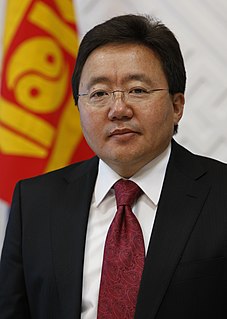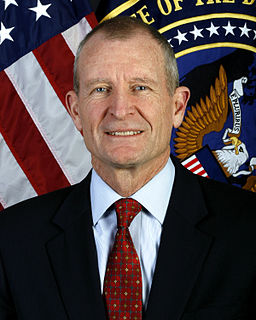Top 1200 Economic Systems Quotes & Sayings
Explore popular Economic Systems quotes.
Last updated on April 14, 2025.
Almost all systems of economic thought are premised on the idea of continued economic growth, which would be fine and dandy if we lived on an infinite planet, but there's this small, niggling, inconvenient fact that the planet is, in fact, finite, and that, unlike economic theory, it is governed by physical and biological reality
The reductionist measure of yield is to agriculture systems, what GDP is to economic systems. It is time to move from measuring yield of commodities, to health and well-being of ecosystems and communities. Industrial agriculture has its roots in war. Ecological agriculture allows us to make peace with the earth, soil and the society.
Economic systems work better when there's an extreme reliability ethos. And the traditional way to get a reliability ethos, at least in past generations in America, was through religion. The religions instilled guilt. ... And this guilt, derived from religion, has been a huge driver of a reliability ethos, which has been very helpful to economic outcomes for man.
The tragic reality is that very few sustainable systems are designed or applied by those who hold power, and the reason for this is obvious and simple: to let people arrange their own food, energy and shelter is to lose economic and political control over them. We should cease to look to power structures, hierarchical systems, or governments to help us, and devise ways to help ourselves.
We are getting close to the point where as every platform of tech that has any level of scale gets bought by either Google or Facebook or sometimes Microsoft. We are getting to the point where we see some oligopoly in terms of behavior online, and that it's really problematic because the oligopolies are completely non transparent, they are terrible in terms of labor and economic equality and they support systems of surveillance. It can create a world where we are all placed in bubbles, where the systems themselves can be manipulated by people who don't have our best interests in mind.
Failure is a big part of a free market's success. People fail to live up to their potential, or to carry out all their good intentions, in all kinds of economic and political systems. Capitalism makes them pay a price for their failures, while socialism, feudalism, fascism and other systems enable personal failures, especially by those at the top, to be ignored.
























































